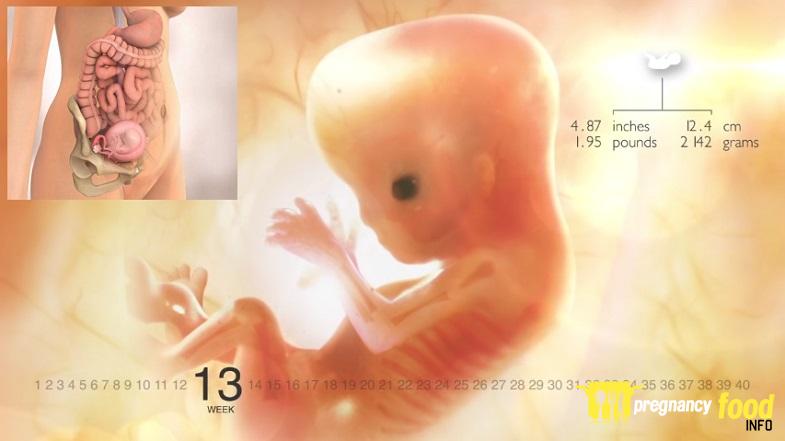During your pregnancy, you may be wondering how big your baby is at nine weeks. The fetal sac is approximately the size of a quail’s egg. As the uterus expands to accommodate your growing fetus, you may feel some pain and discomfort. You may also need to pee more frequently.
Pregnancy causes nausea, heartburn, and a frequent need to pee
During pregnancy, women can experience a variety of physical discomforts. Some discomforts begin early in the pregnancy, while others may become more noticeable closer to delivery. While these discomforts are not dangerous, they are common and should be treated.
One of the first signs of pregnancy is a change in appetite. Hormones in the body can play a role in this. In addition to a craving for certain foods, pregnancy hormones can also slow the digestive process.
You may also feel bloated. The uterus can be larger than normal, and this can cause a buildup of gas. It can also increase pressure on the bladder. This can cause frequent urination. If you have any of these symptoms, you should see a health care provider right away.
Your uterus is expanding to accommodate your growing fetus
During early pregnancy, your uterus will undergo a number of major structural changes. It will also expand to accommodate your growing fetus. The best time to find out how large your uterus will become is in the second half of your pregnancy. The uterus is an upside-down pear shaped structure. It reaches its maximum size between the second and third trimester. Its volume will go from about 10 mL to about 5 L.

The top of the uterus resembles a balloon as it expands. Its vertical diameter grows by about 50%. It will stretch out from the pubic area to the bottom of the rib cage.
Varicose veins in breasts
During pregnancy, there are several changes that occur in your breasts. Some of these changes are normal and harmless, while others can be harmful to your health. Among the changes that can occur in your breasts are prominent veins. These veins are visible and can be a sign of a medical condition.
Varicose veins, spider veins, and mastitis can all cause visible veins in your breasts. They can be caused by a variety of factors, including age, weight gain, or hormonal changes. If you are concerned about a vein in your breast, you should consult your doctor.
Other changes in your breasts include edema, which is swelling. Edema can occur because the body is producing more blood during pregnancy. This increased blood volume can cause veins to swell, making them more noticeable.
Placenta
During pregnancy, your placenta grows to provide your developing baby with the necessary nutrients. It also removes harmful waste from the baby. It attaches to the uterine wall and connects to your baby via the umbilical cord. Your placenta is responsible for transporting your baby’s nutrients until birth.
At nine weeks, your placenta is still quite small. It’s only about one inch thick on the center. But as the baby grows, it will expand to nine inches in diameter and weigh nearly one pound.
Your placenta will also start producing pregnancy hormones. These hormones will help your baby develop. Your placenta also produces antibodies against diseases.
Skeletal structure
During the first trimester of pregnancy, the skeletal structure of baby begins to develop. By the second trimester, the skeletal structure of baby begins to change. Some of the bones in baby’s body will fuse together to form fewer bones.
Some of the bones in baby’s body are made of cartilage. The cartilage helps the baby to grow and helps the bones glide over each other at joints. Eventually, the cartilage will be replaced with actual bone.
The skull is also a part of the skeletal structure of baby. The skull is composed of several bony plates that are firmly connected together. The skull is also flexible, so it will move and expand as baby grows.




